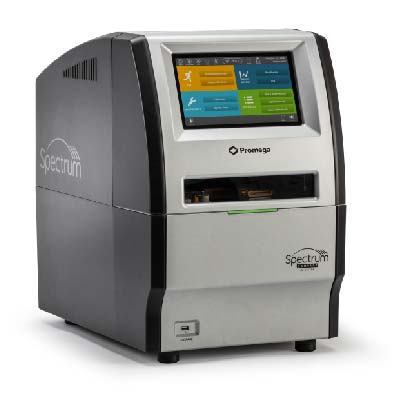March 3, 2021 -- Promega has partnered with BioIVT to develop a new bioassay to measure the antibody-dependent cellular cytotoxicity (ADCC) of antibodies during drug development and characterization.
The new peripheral blood mononuclear cells (PBMC) ADCC Bioassay incorporates an add-mix-read format and sensitive luminescent readout, yielding a robust assay window. There are several assay formats available that provide ADCC-qualified PBMC effector cells and several target cells expressing a HiBiT (tiny NanoLuc binary technology) fusion protein that is detected using bioluminescence.
The assay functions by incubating HiBiT-expressing target cells with an antibody and a PBMC, which results in cellular lysing and the release of HiBiT proteins. These proteins bind to complementary large binary technology subunits (LgBiT) in the detection reagent to reconstitute functional NanoLuc binary technology (NanoBiT) luciferase and generate luminescence.
The cell-based assay was developed to mimic in vivo situations, according to Jey Cheng, a Promega senior research scientist in bioassay development.
Copyright © 2021 scienceboard.net








